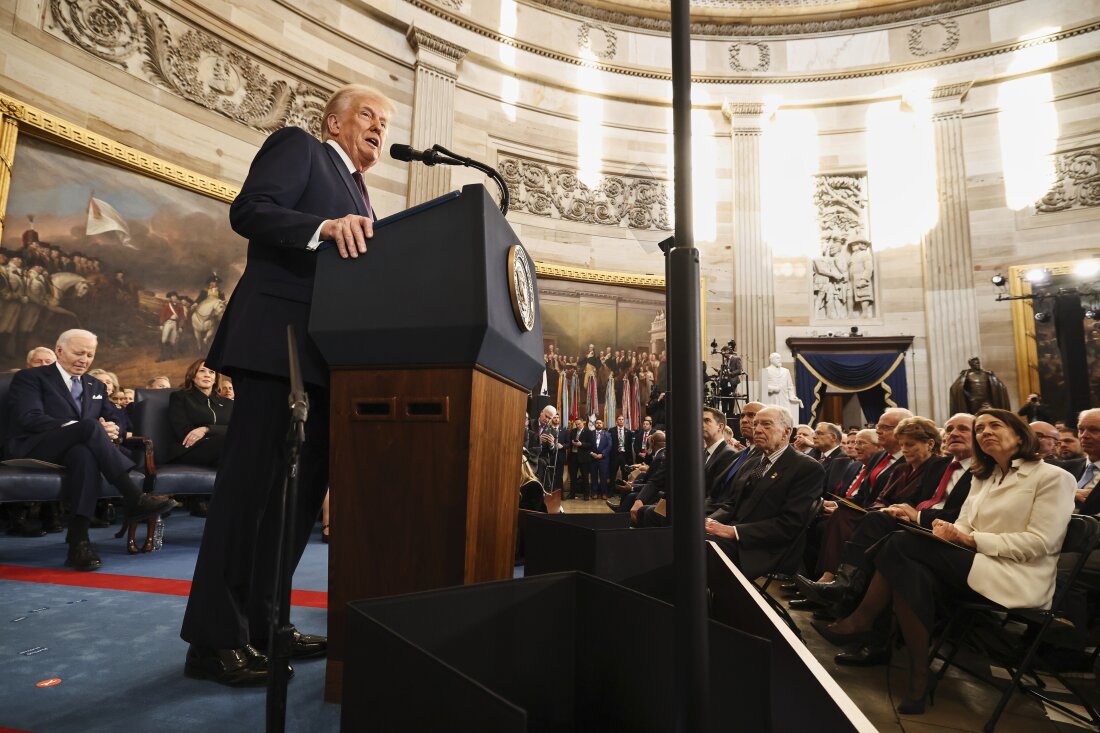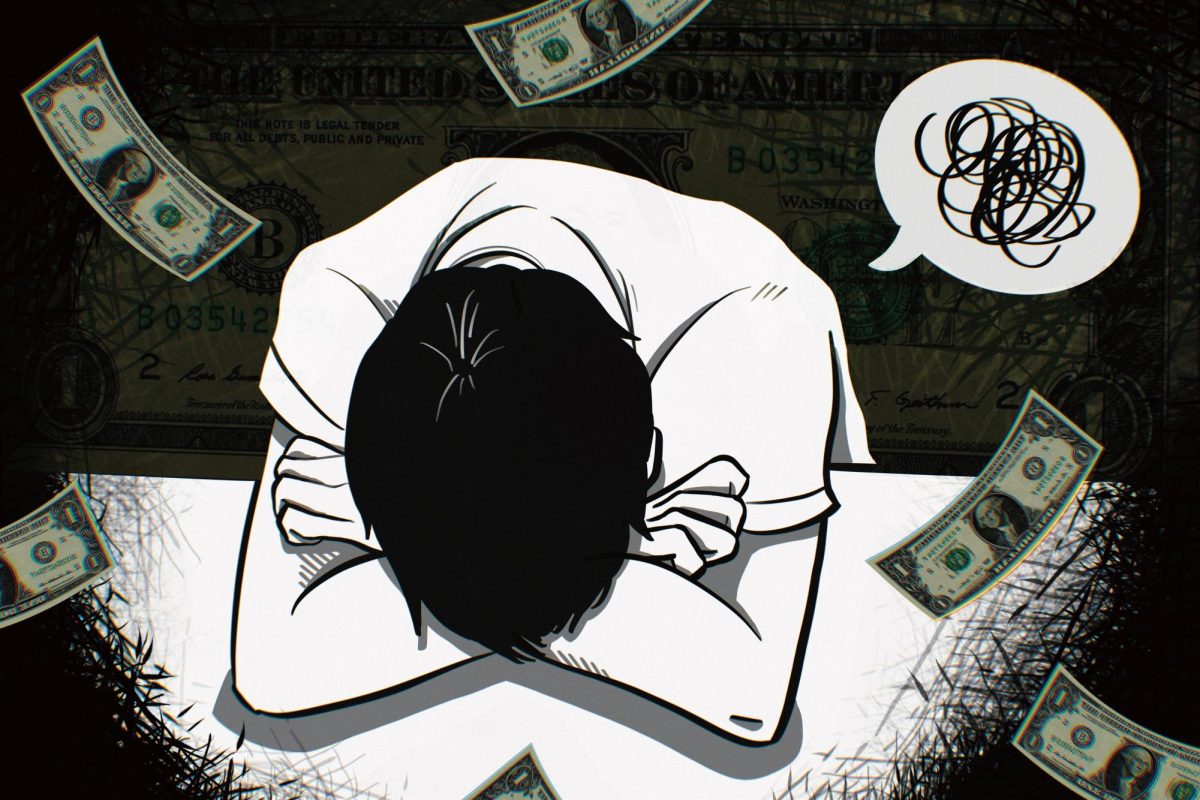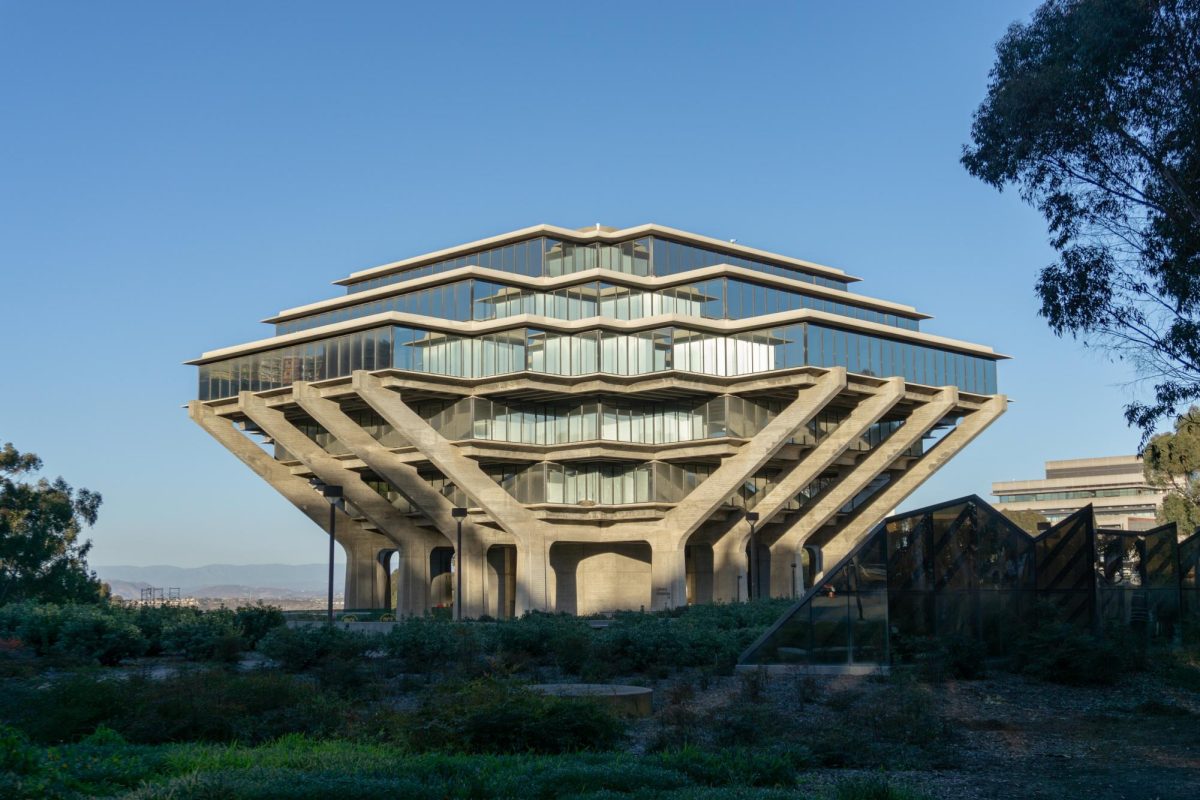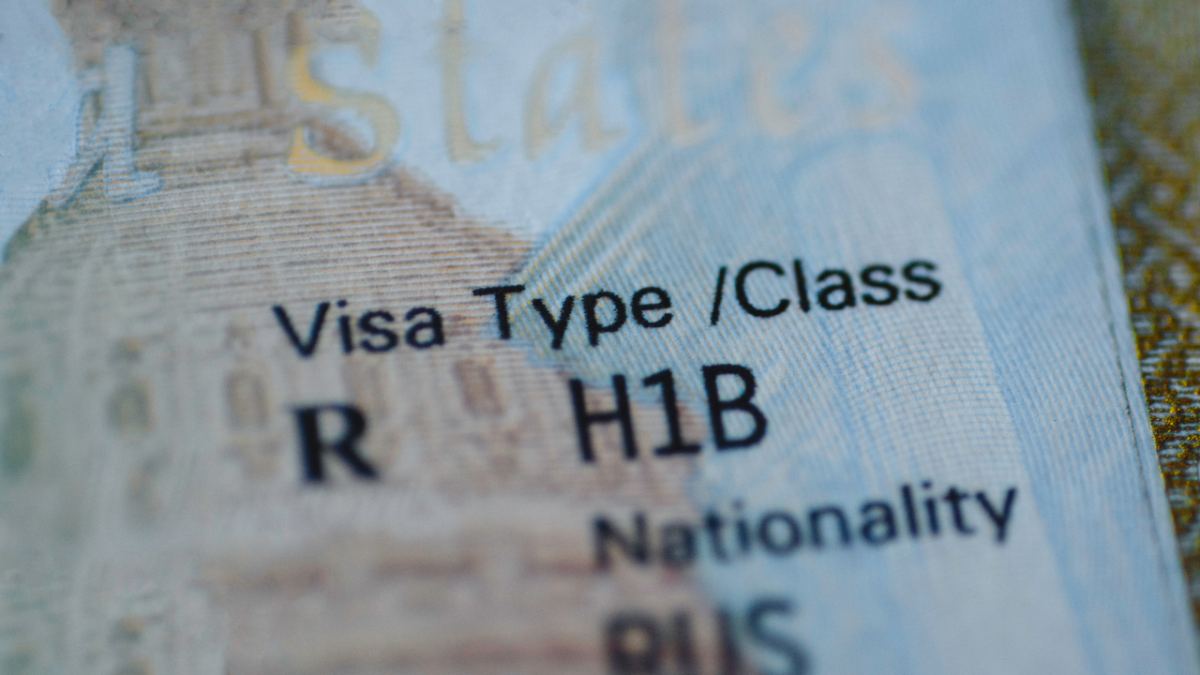It’s time to accept bipartisanship as a crisis prevention hotline.
As Hurricane Ian batters Florida and other states on the East Coast, it is important to look at how it could’ve been prevented with non-partisan protective measures. The governor of Florida, Governor Ron DeSantis, is now seeking federal help as is necessary — the same politician who was once critical of sending support to other states during Hurricane Sandy. The increase in one in 100 and one in 1000 year hurricanes is often directly correlated with the climate emergency. Yet, Governor DeSantis remains critical of many climate change prevention efforts including the passage of any legislation resembling the Green New Deal.
While it is the federal government’s job to step in and offer aid when any of the union’s states are facing horrific events such as this one, there are multiple other ways in which scientists have tried to equip and advise states like Florida before these tragedies occur. For example, despite there being strong building codes in effect, rapid growth has led to unchecked buildings along the dangerous coast. This growth is often encouraged by different interest groups supporting partisan divide to increase profits related to land development. Rather than moving development inland, many try to redevelop areas which have been wiped out by disaster before. This leads to a vicious cycle of rebuilding in the wake of destruction without providing a permanent solution for families away from danger zones that can be targeted by disastrous events such as Hurricane Ian. But because of partisan interests, uniting behind common goals of keeping families safe in the future becomes more and more difficult for politicians. In turn, they are forced to push development uninformed by previous natural calamities and a changing climate.
Apart from repeating mistakes, other scenarios point to one-time partisan deviations from standard protocols leading to disastrous consequences. A recent example of this occurring was when the Texan electrical grid froze over during a time of unusually low temperatures and high snowfall in Texas. Because of the state’s previous deviation from the nation’s two main electrical grid systems, one of the east and one of the west, they did not subject themselves to the same standards that were placed by these interstate grid systems, which had guidance from the federal level. Due to this oversight and blatant flaunting of cooperative regulation enactment with other political leaders despite differences in opinion, Texas had not created a weatherized electric grid system. Rather than foreshadowing the potential crises that could occur in the case that the state relied on private interests’ analyses, the state government allowed these corporate interests to set guidelines that made the people’s future safety a secondary priority. This led to an electric grid system that was not ready for the burden of temperatures deviating from the norm, as the system was not weatherized.
Had partisanship been put aside, the government of Texas could have collaborated with the federal government and other states that were part of the two national grids that had strict regulations guiding their quality in the event of a freeze or high temperature spell, like the months-long one that took place in Texas this last summer, resulting in daily highs in the 110s.
Rather than waiting for federal funding when devastation strikes, a new mentality needs to be ignited within the United States. This mentality needs to be one centered around fixing what’s weak before it’s broken.
For those who want better mental health care for potential mass shooters, this can look like providing free mental health care coverage. Even if they don’t agree with those across the aisle on gun reform, they can act on the mental health care that they seem to wholeheartedly support. With this being said, gun reforms have been passed following devastation in states like Florida, where a conservative governor adopted laws that would raise the age limit to buy an A.R. 15. Why could this have not been done before the devastation struck as a bipartisan measure to protect students and citizens across the nation who rely on the safety of public spaces to carry out their daily activities?
For protection against hurricanes, this could look like the Governor of Texas working with the Biden Administration to rebuild the seawall in Galveston while urging developments inland and incentives for Galveston residents to move inland. It could look like shifting from oil drilling to seeking alternative energy is to ensure that the temperatures of the Gulf remain low enough to not allow the development of a future hurricane.
It’s time to abandon the philosophy that crises necessitate united action, and adopt one that dictates that future crises require united prevention.
Image courtesy of Unsplash.






















